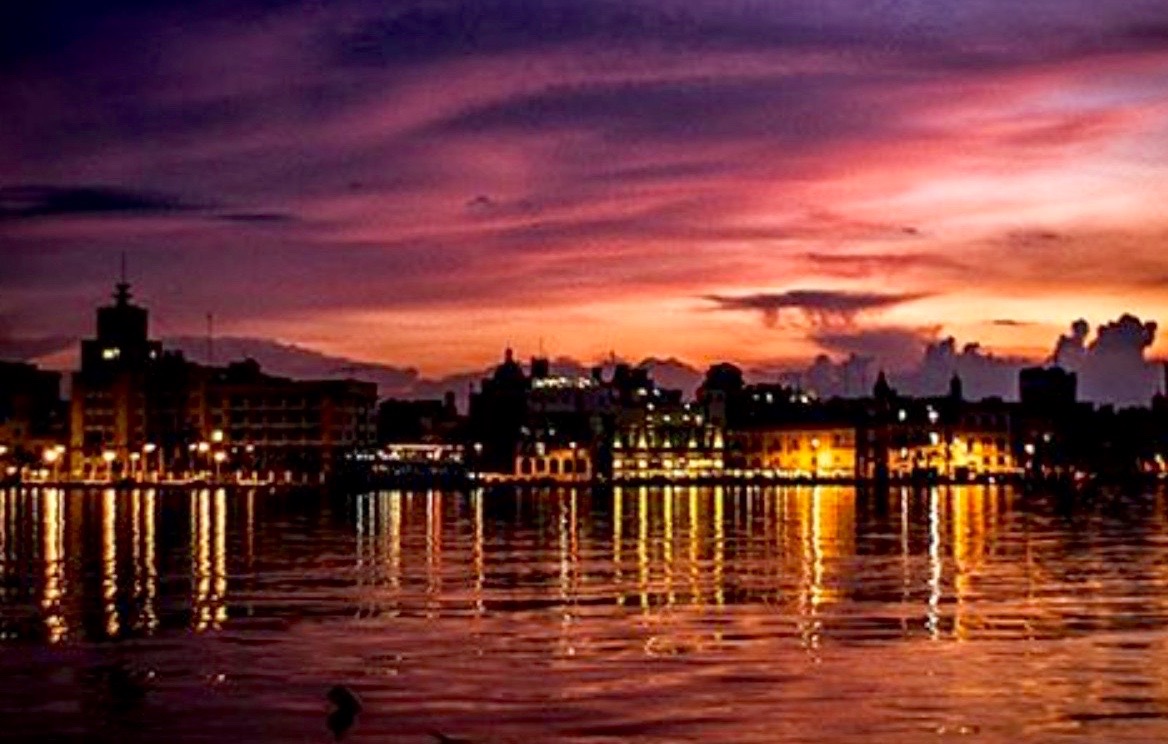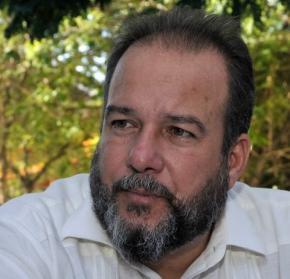
U.S. tour operators on Cuba: Demand is the least of the problems
American tour operators who specialize in Cuba described the future of their business as promising. Surveyed by the Hosteltur web, they said that much remains to be done on the subject of infrastructure and the raising of the current standards of service on the island.
“The interest in the demand for Cuba has been in constant flux since the latest update in the legislation about relations with the U.S. involving new activities, hotels and restaurants,” said Wendy Mainerich of Globus, referring to the relaxation by the Obama administration in the granting of licenses for Americans to visit Cuba.
However, U.S. law still maintains that Americans cannot travel to the island with exclusively touristic purposes.
“The growth in popularity of trips by Americans to Cuba has made it a challenge to reserve space in hotels, restaurants and other services,” Mainerich said, adding “but many describe the trip as a once-in-a-lifetime experience.”
Her opinion was shared by her colleague Joanne Gardner, director of international operations at Tauck. “Our main problem so far has been to satisfy the incredible demand of our clients for Cuba,” she said. “We have booked the entire year — which is certainly not the worst problem we face — but this means that our clients have to plan much more in advance.”
According to official figures, in the first half of 2016 the number of Americans who came to Cuba exceeded by 80 percent the number of Americans who did so in the same period one year earlier.

Since the announcement of the reestablishment of diplomatic ties between Havana and Washington on Dec. 17, 2014, the number of Americans visiting the Cuban archipelago literally skyrocketed. In 2015, Cuba welcomed 161,233 Americans arrived here, 76 percent more than in 2014, said Cuba’s Tourism Minister, Manuel Marrero.
The tour operators we surveyed (all members of the United States Tour Operators Association, or USTOA) agreed that Cuba must do much to improve its hotels, especially the high-end installations, to deal with the requirements of the U.S. market.
“There is a shortage of first-class hotels in Cuba, especially in Havana and other colonial cities like Trinidad or Camagüey,” Mainerich said. “Under the brand name Globus, we work with some very different types of hotels, from high-level hotels like the Meliá Cohiba in Havana to middle-class hotels like the Memories Miramar, also in Havana.”
“There are very good hotels and restaurants in Cuba, but you have to know where to find them,” said Gardner. “The tourism infrastructure in Cuba is not up to the exceptionally high standards that our clients expect from Tauck in other parts of the world.
“However, much of Cuba’s attraction is that [the island] is unique in many ways. That sets it aside from any other place that our clients may have visited,” she added.
“If the number of tourists continues to grow, greater attention to quality and personal service will be important,” Mainerich said. “For most of the meals, we turn to the paladares [restaurants in private homes.] We have found that, in recent years, our clients find better food and better service in these places than in state-run restaurants.”
The Cuban Ministry of Tourism (MINTUR) last July estimated that more than 16,000 rooms and about 1,700 restaurants are operated by the private domestic sector.
In June, the U.S. company Starwood Hotels & Resorts began to operate a hotel in Havana, a fact described as encouraging by the executive vice president of the Collette tour agency, Paula Twidale.
 “This will contribute to the global experience and to improve the lodgings,” she said, adding that “Cuba is full of culture, history, charm and welcoming people.”
“This will contribute to the global experience and to improve the lodgings,” she said, adding that “Cuba is full of culture, history, charm and welcoming people.”
In March, a report by USTOA said that one in every three of its members offers trips to Cuba and that more than half of its members plan to increase their offer in the next few years.
Last year, the Cuban government announced an ambitious investment program that by 2020 will boost by at least 50,000 the number of hotel rooms. Today, the MINTUR operates 26 joint ventures totaling 5,492 rooms in four- and five-star hotels and, along with 18 international hotel chains, manages 69 hotels that provide 35,892 rooms.
According to Prof. Louis A. Pérez Jr., historian at the University of North Carolina at Chapel Hill, “selling Cuba has become a topic of growing interest among travel professionals in tourism conventions and commercial publications.”
Nevertheless, he warned that “the fiction that the people-to-people program is a cultural commitment — not tourism — is maintained constantly.
“In fact,” Pérez said, “the trips to Cuba are put on the market precisely through cultural systems that depend on a variety of encoded social meanings that are reminiscent of the tourist ethnographies of the 19th Century.”


